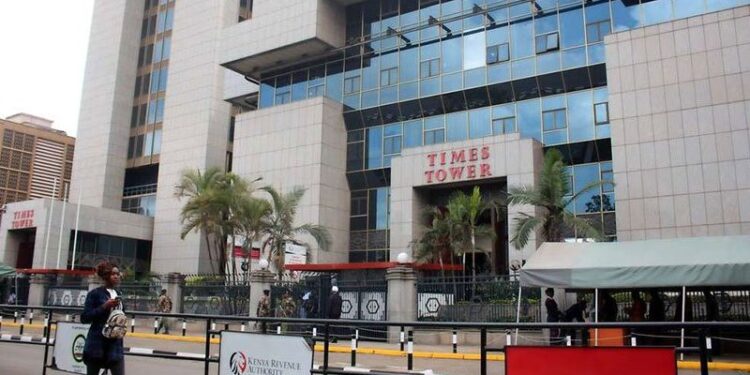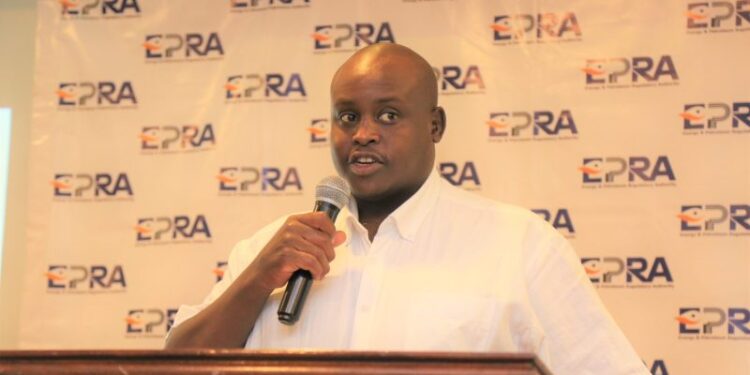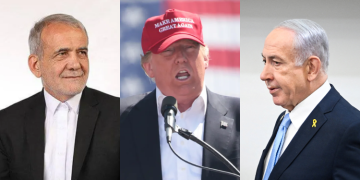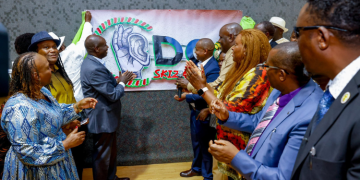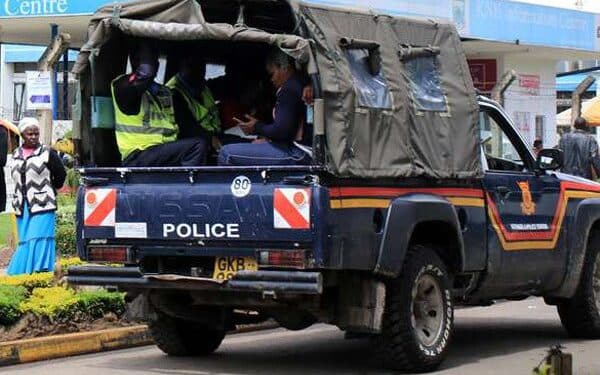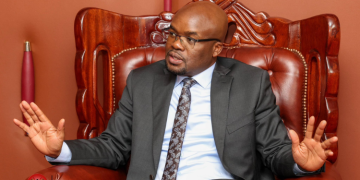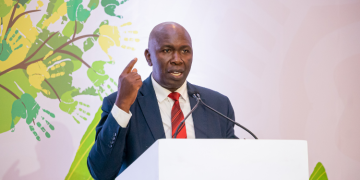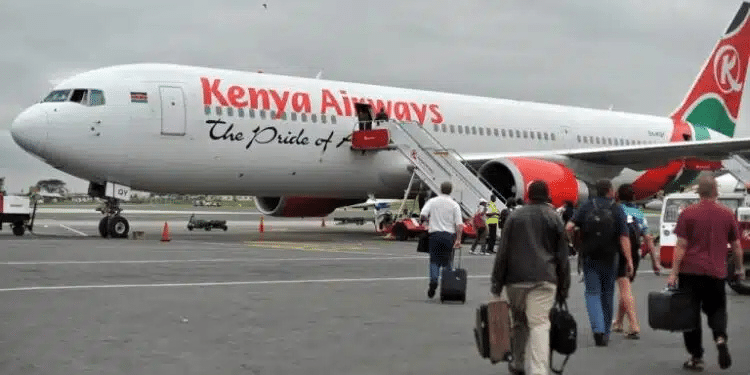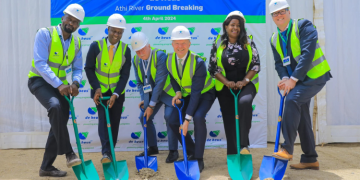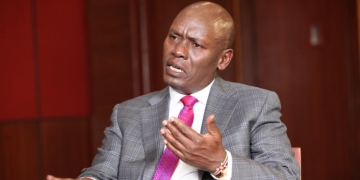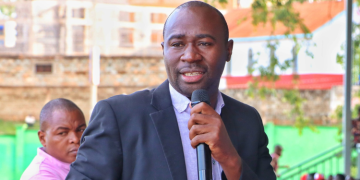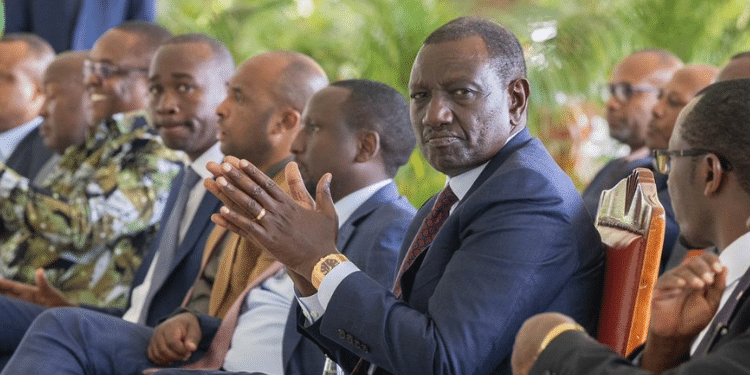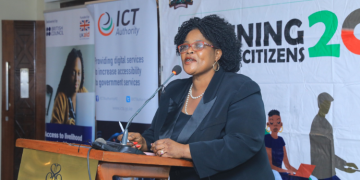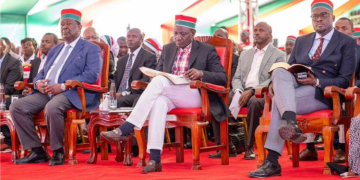The government will soon be targeting select mobile phones imported into the country and later sold to Kenyans in a plan to broaden the tax base, Senior Government Advisor Moses Kuria has revealed.
Kuria on Thursday revealed the plan, noting that the government will soon be targeting Kenyans who own phones imported into the country with no record of having paid applicable taxes by automatically blocking them from activating any network on the phones.
The former CS made the announcement in a statement while clarifying plans by the government to classify Pay bills as virtual electronic systems.
“Just like we will automatically block from activating on any network any mobile phone imported into the country with no record of having paid applicable taxes. Be guided accordingly,” he said.
The senior government advisor was making the clarification following widespread uproar from Kenyans after his announcement stating that Pay bills will be registered as Electronic Tax Registers (ETRs).

Speaking during a Kenya Revenue Authority (KRA) summit earlier on Wednesday, October 9, Moses Kuria had explained that the government plans to implement the move by December 25, 2024, to broaden the tax base.
Moses Kuria on KRA Targeting MPESA Pay bills
The former CS further explained that the decision was driven by the significant gap between the number of Kenya Revenue Authority (KRA)-registered Electronic Tax Registers (ETRs).
While confirming that KRA is fully aligned with the plan, he added that the government can have access to over 2 million digital payment touchpoints across the country through Banks and Telcos.
“We have agreed that all those pay bills, come Christmas 2024, will be virtual ETRs for KRA,” stated Moses Kuria.
Also Read: Mbadi Announces Plans to Reduce VAT & Other Taxes
However, the former CS was forced to clarify on the plans following widespread uproar from Kenyans and uncertainty.
Kuria explained that his comments were not specifically directed to virtual payment platform M-PESA.
“My attention has been drawn to media reports that my comments on Virtual ETRs at the KRA Summit yesterday were directed at M-PESA only. This is erroneous as I meant all Payment Service Providers including Telcos and Banks. It’s an industry issue,” he said.
Broadening tax base
During the address on Wednesday, Kuria explained that the government can have access to over 2 million digital payment touchpoints across the country through banks and telcos.
Also Read: Why Kenya’s GDP Growth Slowed in 2024- CBK
The government advisor further argued that while digitization of payments has proven to be a huge task in other countries, even the uneducated in Kenya have been able to navigate it.
“Because the base and will is there, we are now going to implement the pay bills and till numbers. The people who have devices for VAT, the ETR, are only 200,000. If you combined, all our banks doing mobile money and telcos, we have 2 million digital touchpoints.
That is 10 times the number of ETRs at KRA. That speaks to the huge opportunity Kenya has to ensure the early harvest of digital tax,” he explained.
“Kenya is the only country where someone who has never gone to school or cannot construct a sentence in English can make digital payments through M-Pesa.”
ETRs are cash registers with fiscal memory that keep records of all transactions for traders accounting of VAT charged at the time of making a sale.
They were first rolled out in 2005 to streamline the collection of VAT and to minimize instances of tax evasion.
In September 2020, the Cabinet Secretary for Treasury gazetted The VAT (Electronic Tax Invoice Regulations), 2020 which introduced the implementation of the Electronic Tax Invoice.
Follow our WhatsApp Channel for real-time news updates!
https://whatsapp.com/channel/0029VaB3k54HltYFiQ1f2i2C
